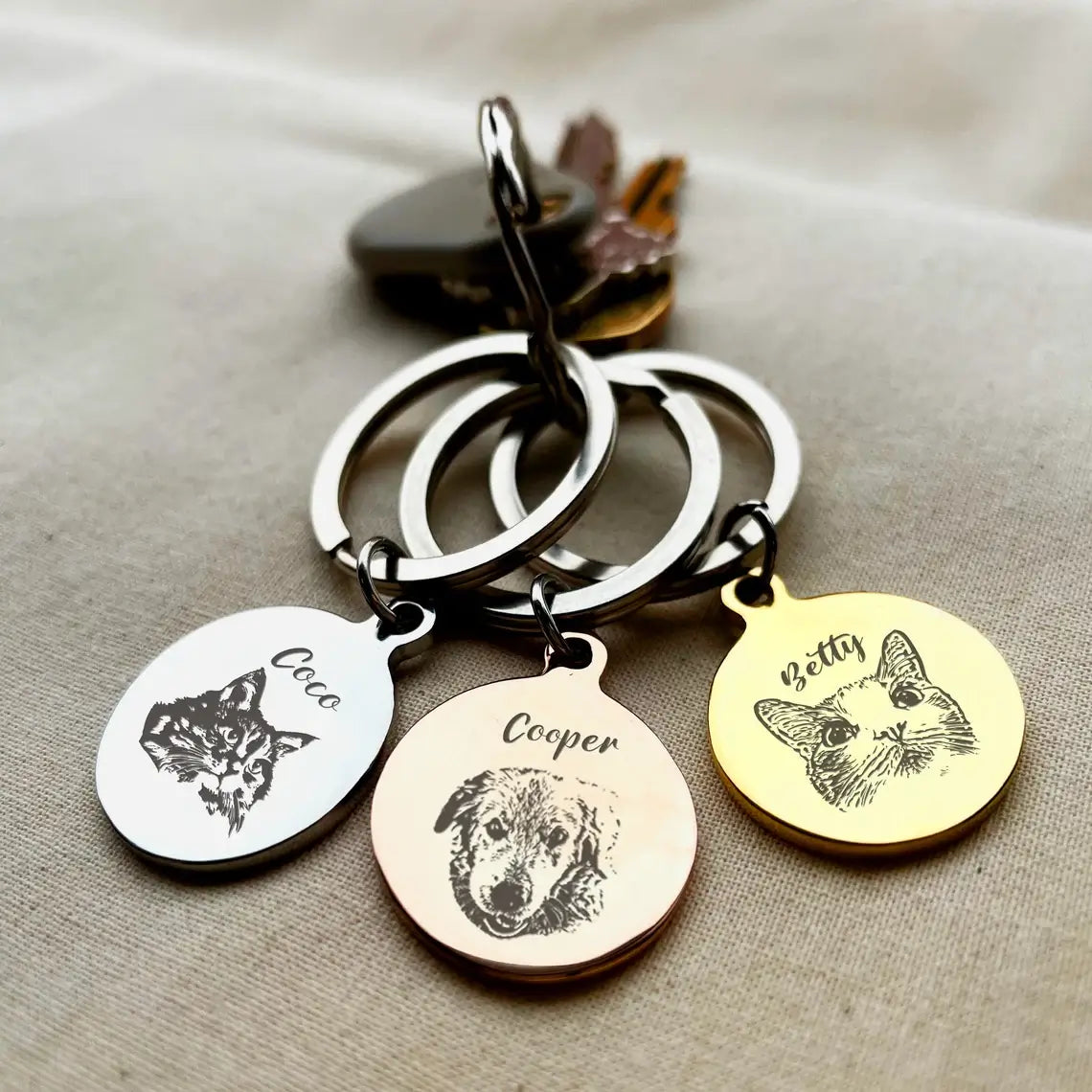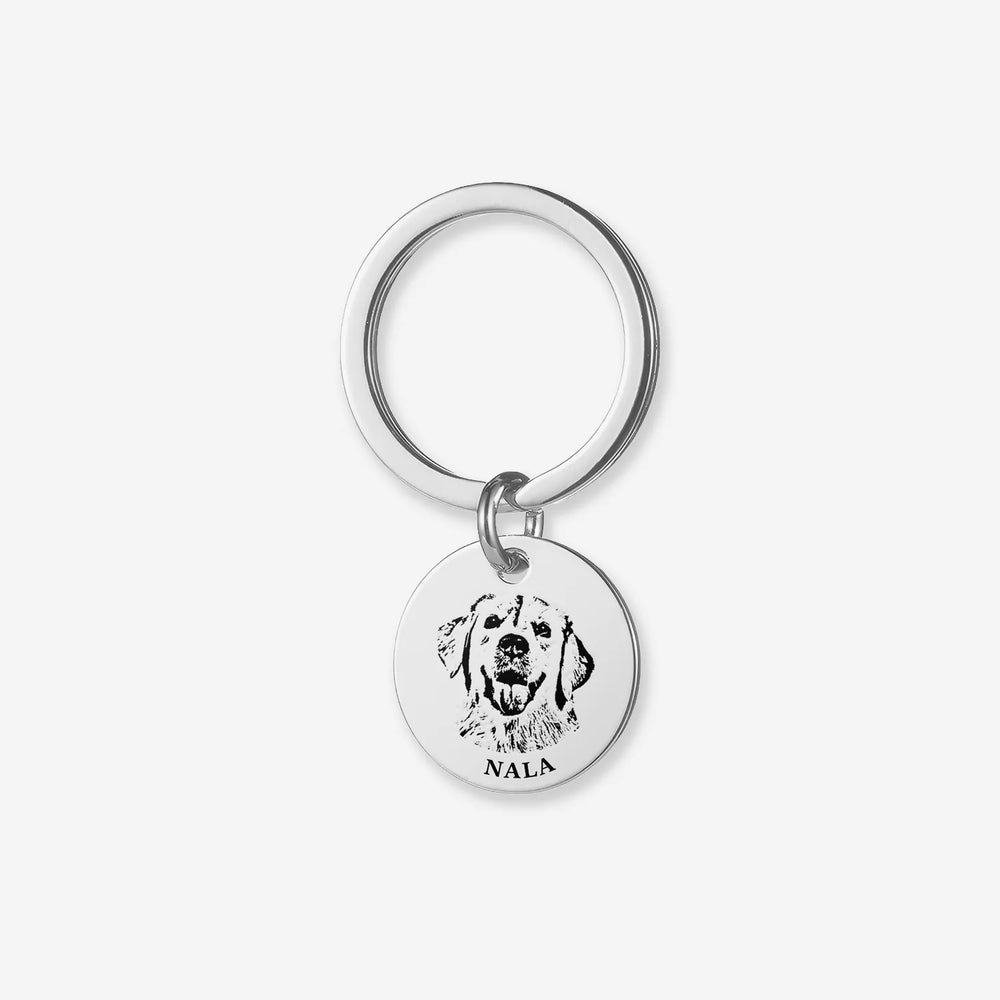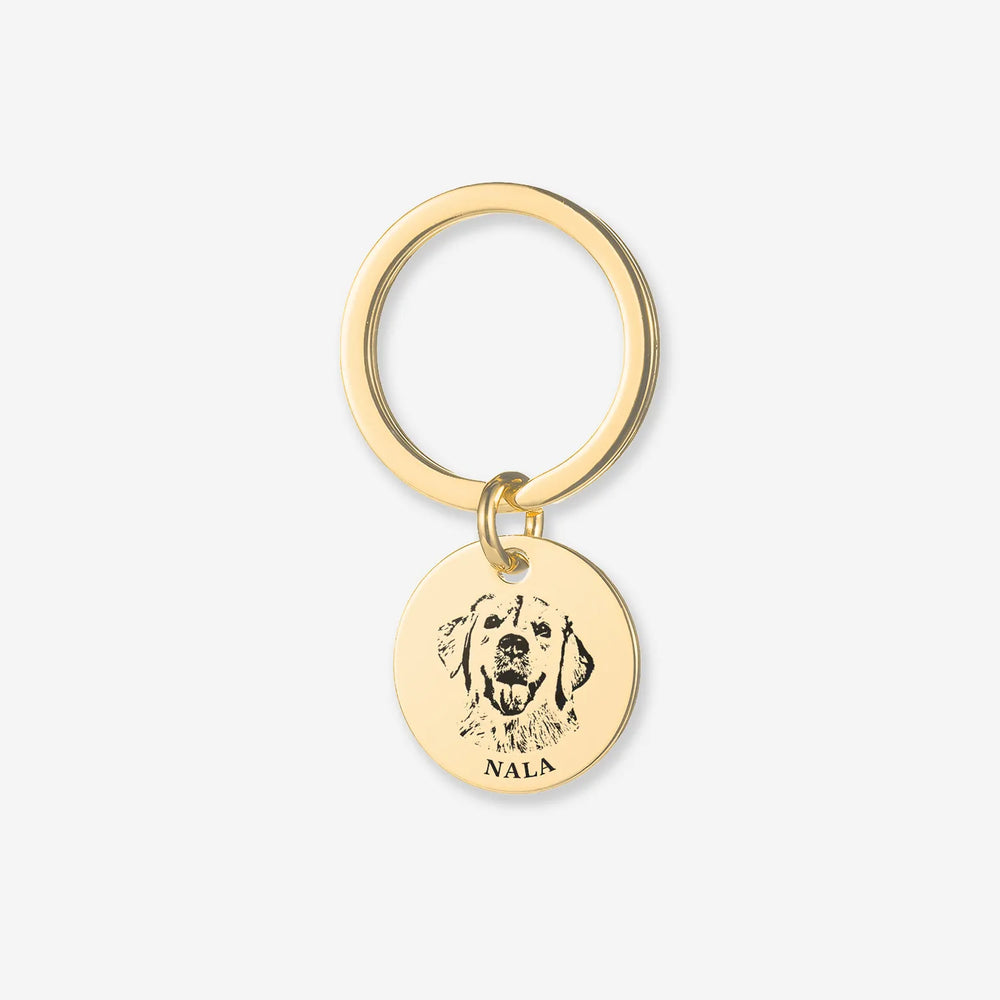Buy One, Get One FREE
Can Dogs Have Watermelon? Safety Tips and Benefits

Can Dogs Eat Watermelon?Yes, dogs can eat watermelon, but there are important considerations to ensure their safety and health. Watermelon is hydrating and nutrient-rich, making it a healthy treat for dogs when prepared correctly. However, questions like "Can dogs eat watermelon juice?" or "Should dogs eat watermelon every day?" deserve careful attention. This guide covers everything you need to know, including safe preparation, portion sizes, and the benefits and risks of feeding watermelon to dogs.

Besides, dogs can also eat other fruits. Generally speaking, bananas, strawberries, blueberries or apples can be eaten. But there are requirements for the amount of feeding. So it’s not just for watermelons.
Benefits of Watermelon for Dogs
Watermelon offers multiple health benefits for dogs:
- Hydration: With over 90% water content, it’s perfect for keeping dogs hydrated, especially in hot weather.
- Nutritional Value: Rich in vitamins A, B6, and C, watermelon supports overall health.
- Low-Calorie Treat: It’s a great option for dogs on a low-fat diet, as it’s low in calories and fat.
When asked, "Can dogs have watermelon?" the answer is yes, as long as it’s prepared properly and given in moderation.
Precautions When Feeding Watermelon
Although watermelon is safe for dogs, it’s crucial to follow these precautions:
- Remove the Seeds: Seeds can cause choking or digestive blockages. Always separate them from the flesh before feeding.
- Avoid the Rind: The rind is hard to digest and can upset your dog’s stomach.
- Cut Into Small Pieces: Chopping watermelon into small, bite-sized pieces makes it easier for dogs to eat and digest.
If you’re wondering, "Can dogs eat watermelon juice?" the answer is yes, but only in small quantities. Make sure it’s fresh and free from added sugars or artificial ingredients.
How Much Watermelon Can Dogs Eat?

Moderation is key when feeding watermelon to dogs. Veterinarians recommend that watermelon should make up no more than 10% of your dog’s daily diet. Overfeeding may lead to diarrhea or digestive upset.
If you’re asking, "How much watermelon can I give my dog?" start with a small amount, such as a few small cubes. Observe your dog for any adverse reactions before offering more.
Can Dogs Eat Watermelon Every Day?
While watermelon is a healthy snack, it should not replace a balanced diet. Dogs can enjoy watermelon occasionally, but daily consumption isn’t recommended. Overindulgence could lead to stomach discomfort or nutrient imbalances.
Do Dogs Fully Digest Watermelon?
Dogs can digest the fleshy part of watermelon easily, but they cannot fully digest the seeds or rind. These parts may cause gastrointestinal blockages or irritation, so it’s best to avoid them entirely.
Is Watermelon Harmful to Dogs?

When prepared correctly, watermelon is not harmful to dogs. However, feeding unprepared watermelon—such as with seeds or rind—could pose risks. Always prioritize safe preparation to prevent health issues.
If you’re wondering, "Is it harmful for dogs to eat watermelon?" the answer is no, provided you remove the seeds and rind, cut it into small pieces, and serve it in moderation.
Should Dogs Eat Watermelon?
Watermelon is an excellent treat for dogs when given appropriately. It provides hydration and nutrients while being a refreshing alternative to processed snacks. However, dogs with certain conditions, such as diabetes or kidney disease, should avoid it. Consult your veterinarian for personalized advice.
Conclusion
In summary, watermelon can be a safe, healthy treat for dogs when served correctly. Remove the seeds and rind, limit portion sizes, and use it as an occasional snack rather than a daily staple. For those asking, "Can dogs eat watermelon juice?" or "Do dogs fully digest watermelon?" the key lies in preparation and moderation.
Whether you’re considering if "dogs can eat watermelon every day" or how much is safe, remember to prioritize your dog’s overall diet and health. When in doubt, consult a veterinarian to ensure the best care for your furry friend.



















